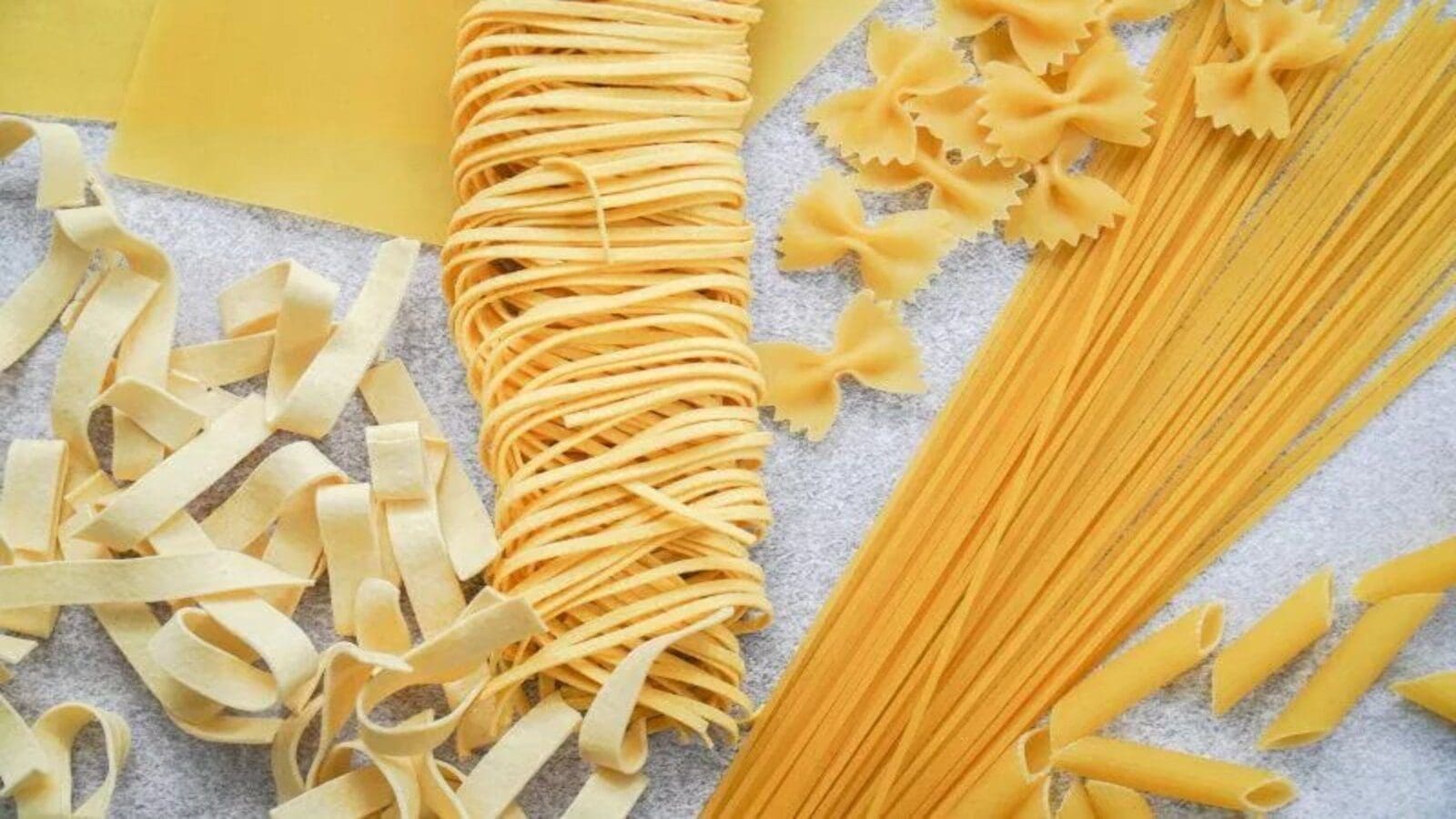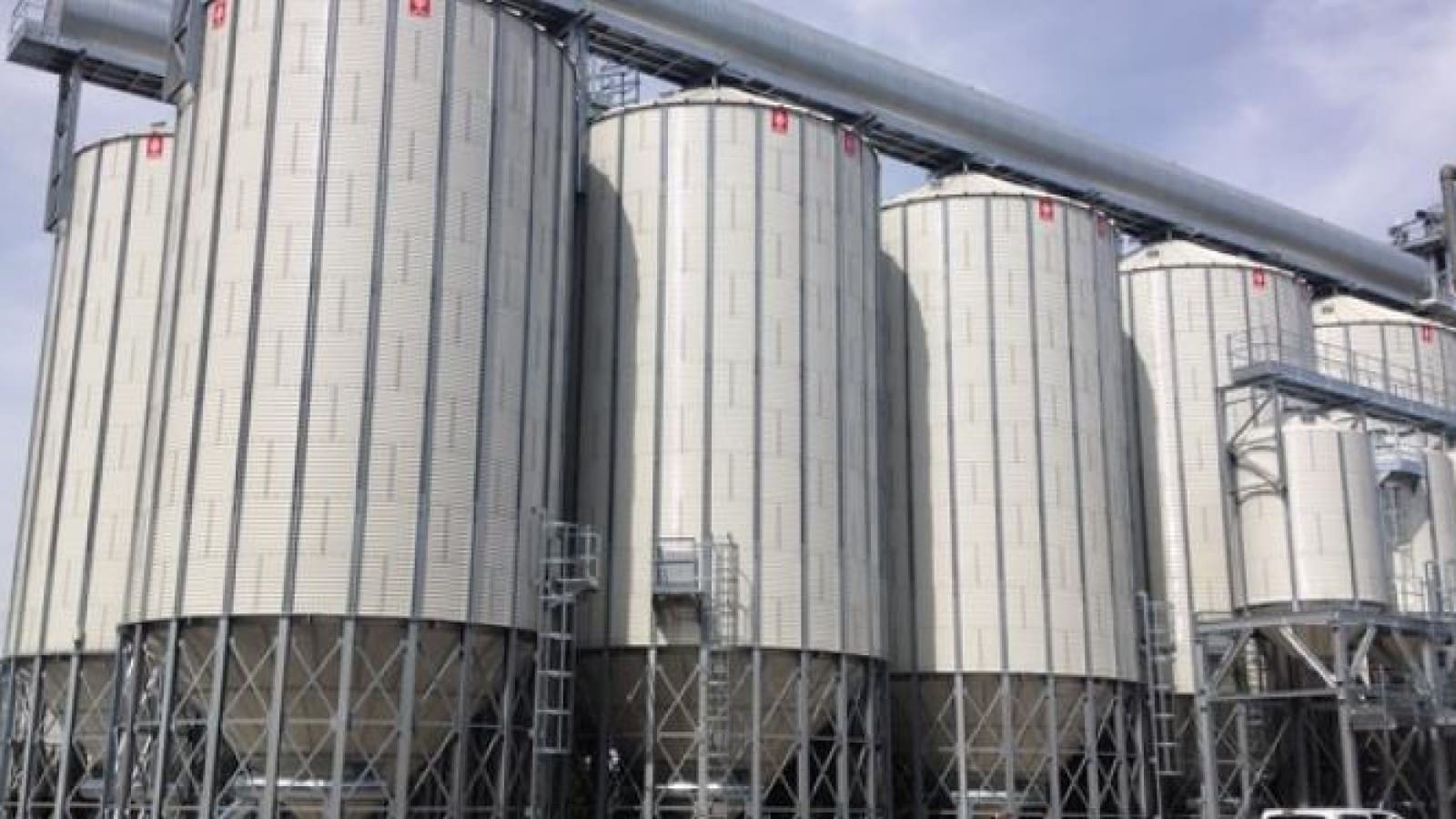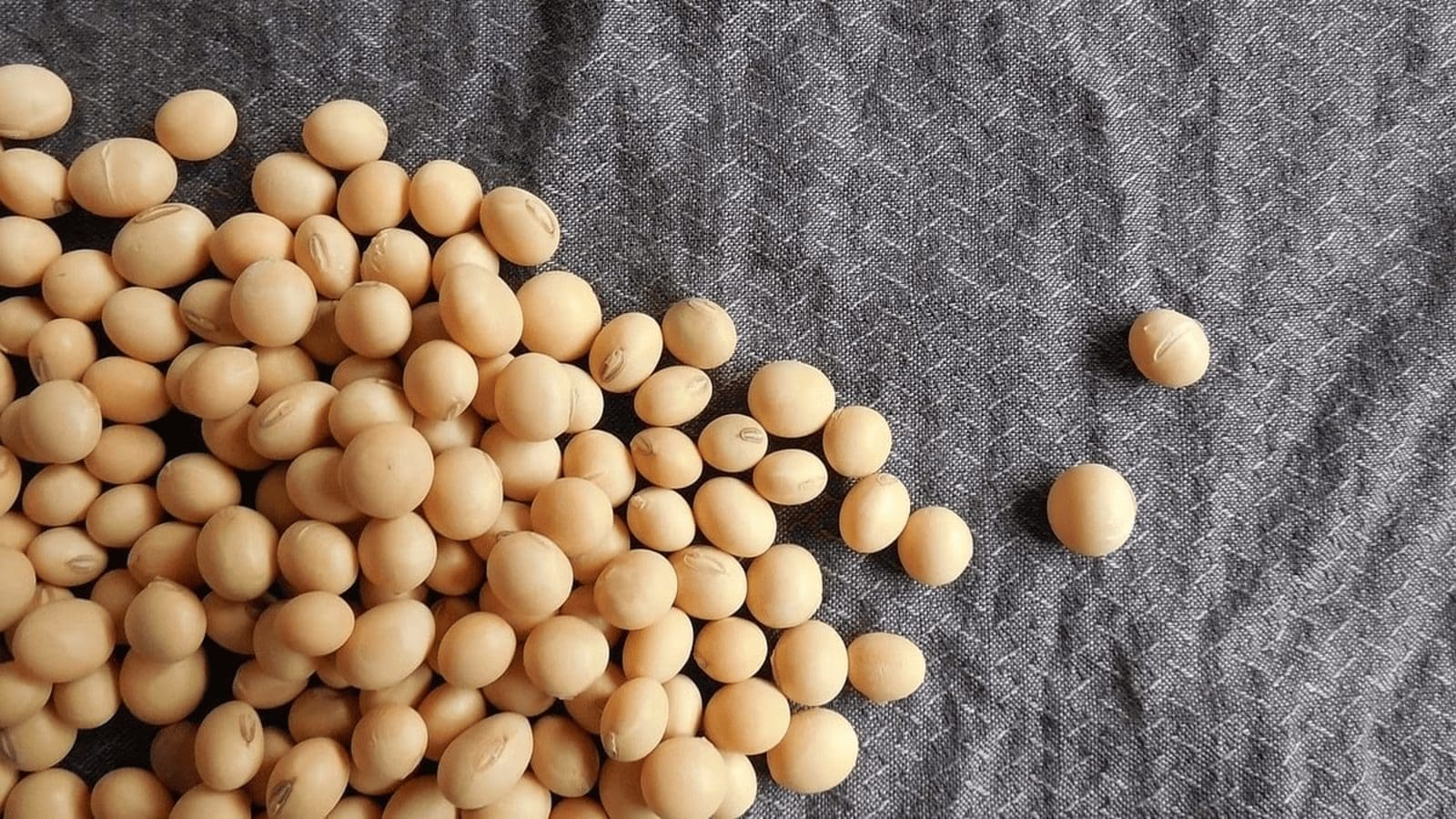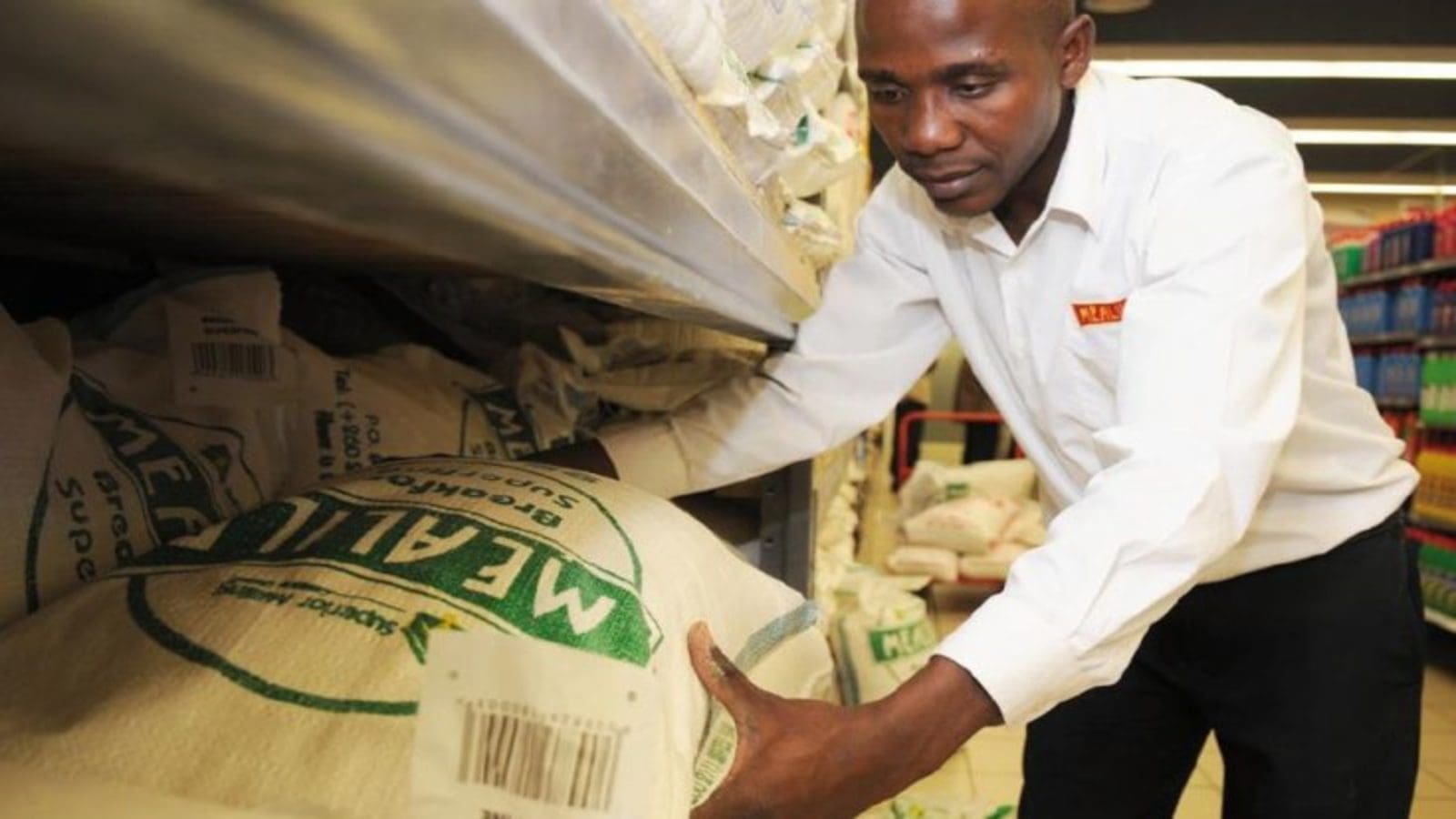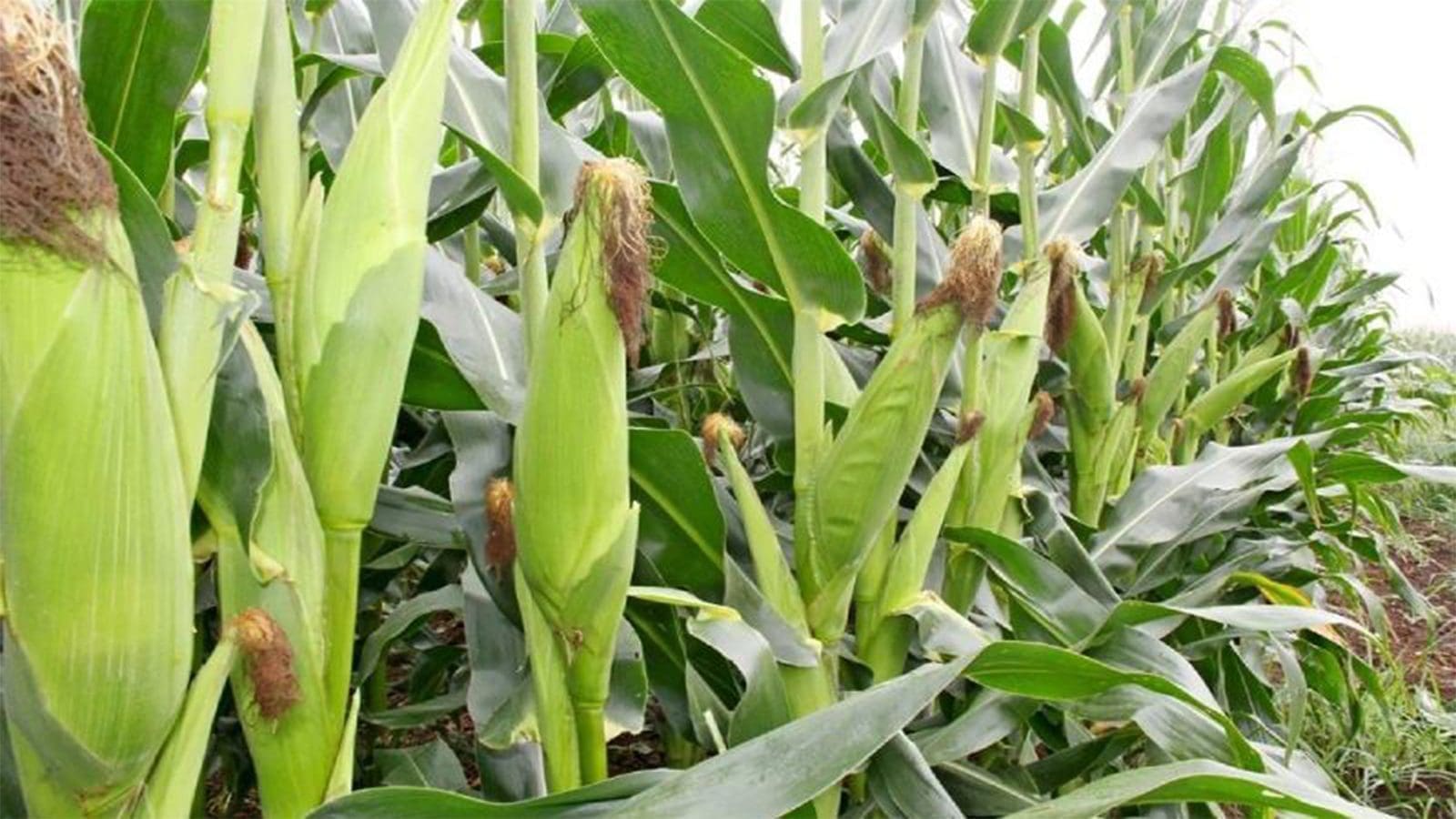KENYA – In the Finance Bill, 2023, the government is proposing an introduction of a 20% excise duty on both imported raw materials and finished pasta products as the state targets the Sh4 billion (US$29.4) that traders pay in imports.
According to Business Daily, the move, which increases the duty from the current 16% could affect the country’s competitiveness in making this foodstuff including the popular brand Indomie in Kenyan markets.
Initially, the bill was introduced through the Finance Bill 2021, but it has been challenged over the years on claims that it was introduced on the floor of the House, without public participation.
Cooked easily by boiling, pasta has gained popularity in fast-paced urban households and includes spaghetti, noodles, macaroni lasagna, gnocchi, ravioli, cannelloni, and couscous.
According to official data, in 2021, Kenya imported Sh4 billion ($29.1 million) worth of pasta while in 2020, imports of pasta hit a high of Sh5.5 billion ($40.3 million) at the height of the Covid-19 pandemic.
Rajan Shah, the chairman of the Kenya Association of Manufacturers (KAM) expressed concerns in a LinkedIn article stating that slapping pasta and other locally manufactured products would reduce its competitiveness.
“I wonder why the government wants to increase taxes on local manufactured goods…affecting the only known local manufacturer who should be encouraged to build a bigger market including helping them to export to the region for balance of trade benefits for our country?” Mr. Rajan posed.
Additionally, Rajan lamented that the introduction of excise duty on Semolina, the raw material, is likely to raise the cost of producing pasta in Kenya should the National Assembly approve the proposals.
Further, he unveiled that if the amendment passes, prices for the commodity would potentially rise by 25 percent from KES147 for 500 grams of Spaghetti to KES184.
In addition, other proposed tax critics argue that the move will also make locally-produced pasta uncompetitive compared to that made in Tanzania which does not attract any excise duty.
Tanzania is the only other country in the East African Community (EAC) that makes its pasta.
In the Financial Year 2015/2016 the former Cabinet Secretary for National Treasury in his budget speech eliminated import duty on Semolina.
This gave impetus for the local investors to venture into this industry, which for long had been dominated by imports from countries such as Egypt, Turkey, Iran and the United Arab Emirates.
For all the latest grains industry news from Africa, the Middle East and the World, subscribe to our weekly NEWSLETTERS, follow us on LinkedIn and subscribe to our YouTube channel


